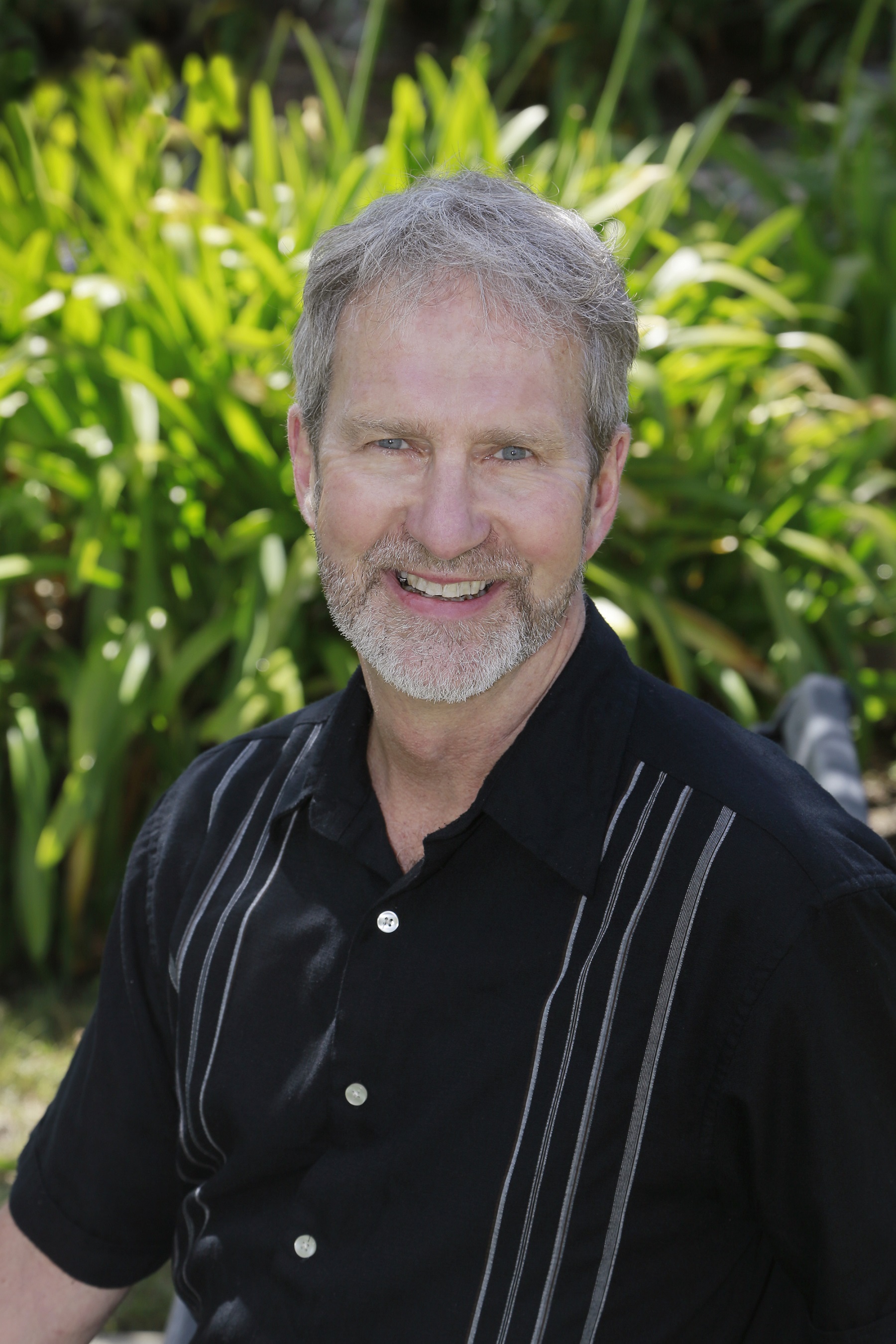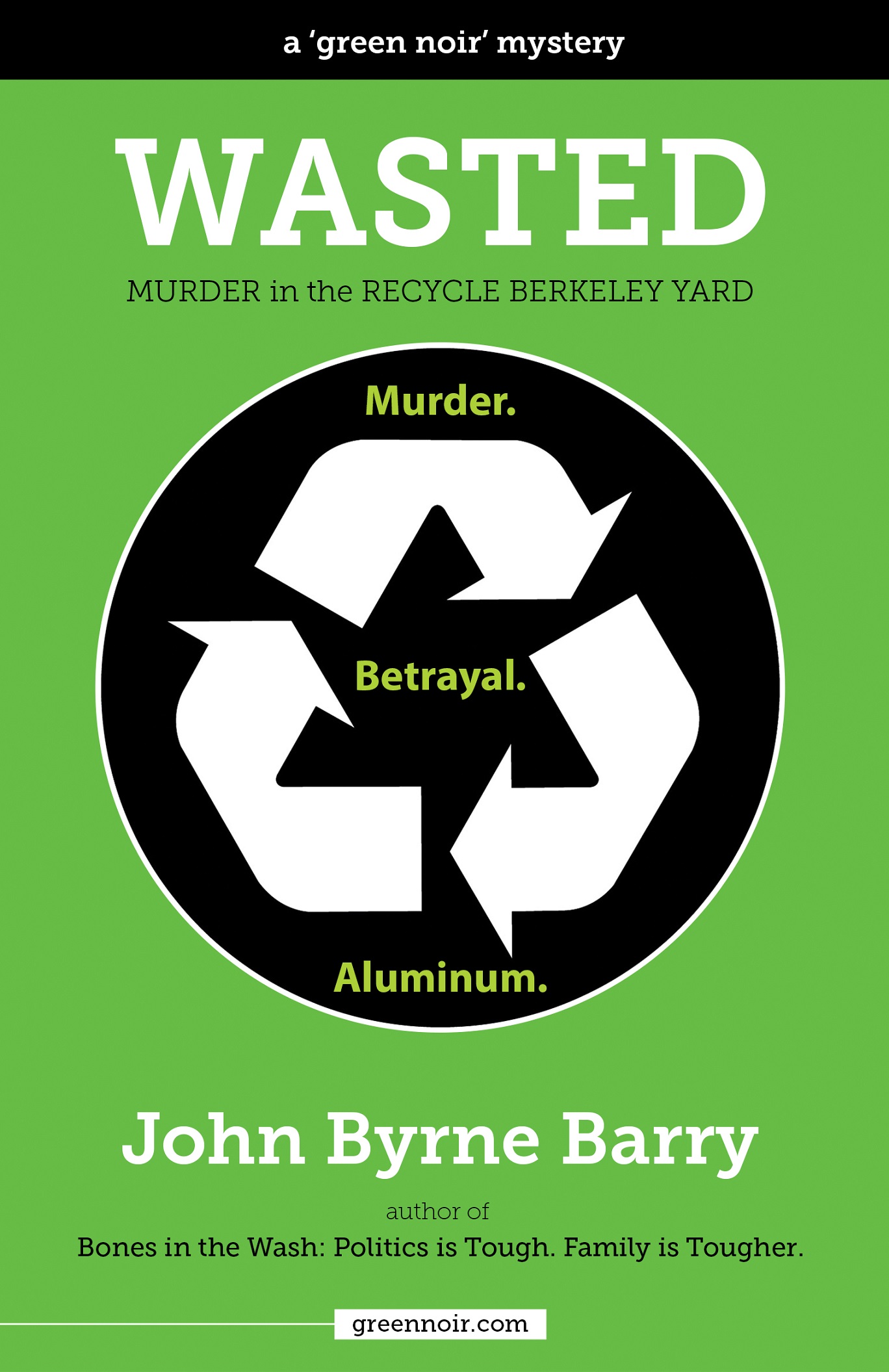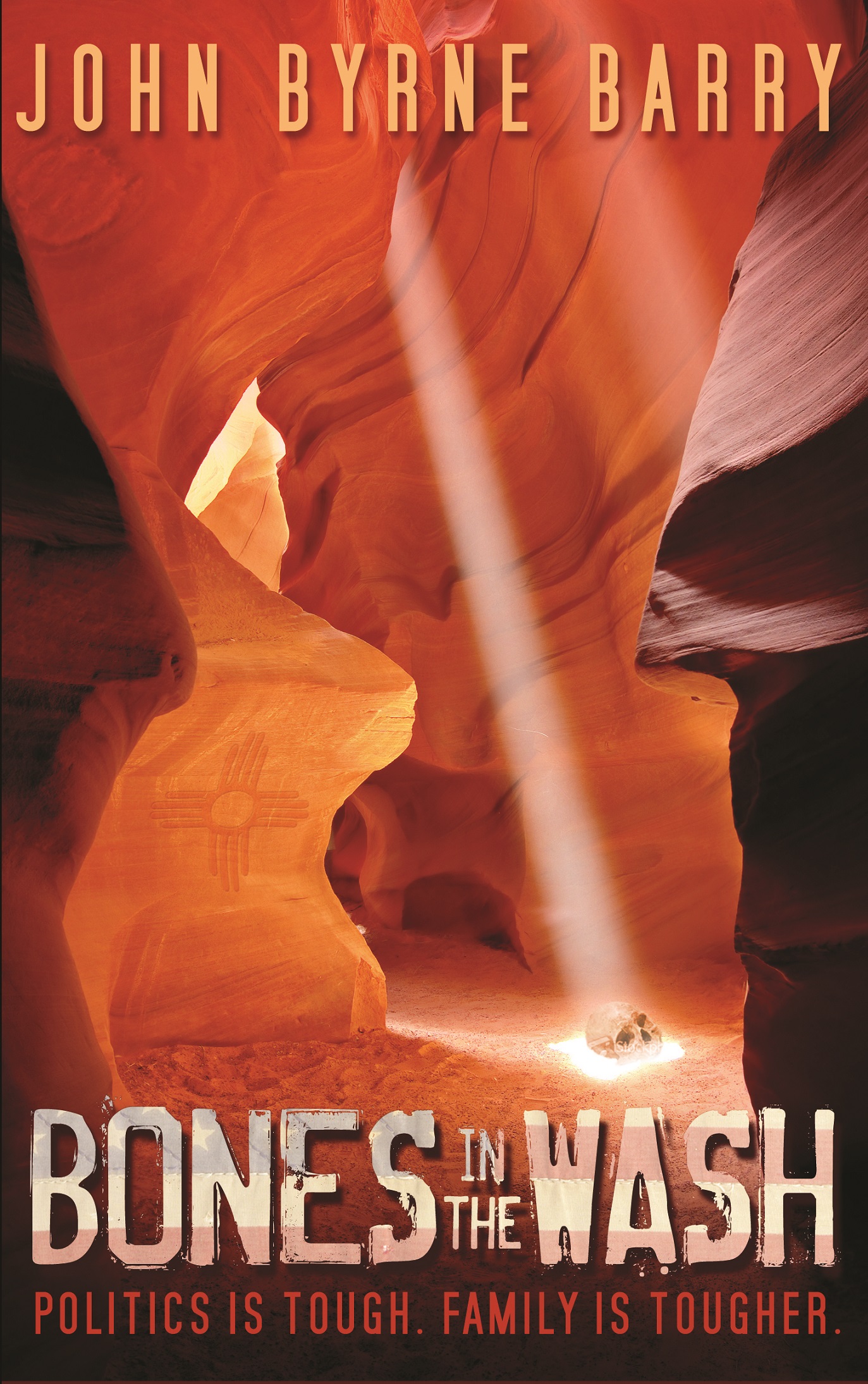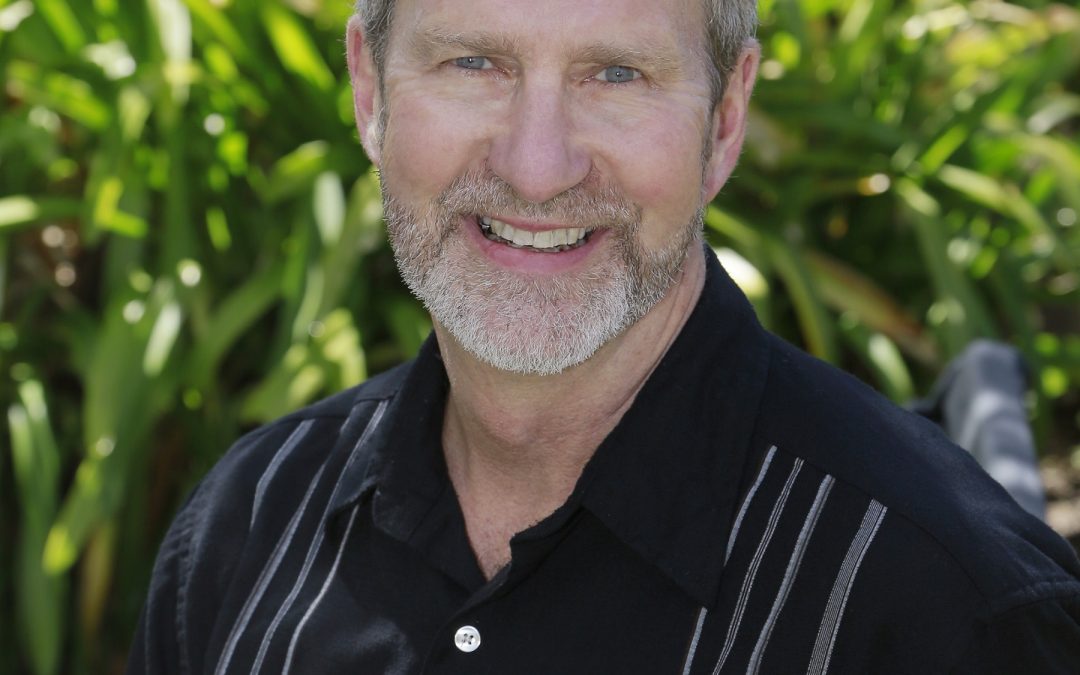Like many writers, John Byrne Barry has plied his craft in just about every form possible, from journalism to marketing to seed catalogs. Also like most writers, when he took on the Herculean task of writing novels, his stories came directly from the experiences he has had along the way. He sat down with me recently to discuss his two wildly unique and entertaining mystery novels, the self-publishing business and his latest project, a novel on euthanasia. Yes, euthanasia.
RE: You’ve done two books now. Tell me how you came to be someone who writes books.
Byrne Barry: The idea of a novel appealed to me for a long time, but I was daunted by the organizational challenge of something like that. I didn’t know what I would write about. But in the 90s I was doing some journalism and covering the recycling and garbage world, visiting landfills and those sorts of things. People said, ‘you should write a book.’ I thought, ‘I’d love to write a book but I don’t really read non-fiction books, and I want the write the kind of book I liked to read. So I came up with the idea of writing a mystery set in the garbage and recycling world, and that was the first book, “Wasted.” But I didn’t have any success getting an agent or getting it published so I put it aside and got on with my life. I thought, ‘well that took a lot of time, I don’t think I’ll do that again.’ But all the sudden I was writing “Bones in the Wash.” It was during the time when I was much more of a political junkie, paying attention to the presidential campaign, and I thought a campaign would be a really good setting for a book. It’s not just about a political campaign, though. It centers on two protagonists who each have as many family and personal and relationship problems as they do political problems.
was doing some journalism and covering the recycling and garbage world, visiting landfills and those sorts of things. People said, ‘you should write a book.’ I thought, ‘I’d love to write a book but I don’t really read non-fiction books, and I want the write the kind of book I liked to read. So I came up with the idea of writing a mystery set in the garbage and recycling world, and that was the first book, “Wasted.” But I didn’t have any success getting an agent or getting it published so I put it aside and got on with my life. I thought, ‘well that took a lot of time, I don’t think I’ll do that again.’ But all the sudden I was writing “Bones in the Wash.” It was during the time when I was much more of a political junkie, paying attention to the presidential campaign, and I thought a campaign would be a really good setting for a book. It’s not just about a political campaign, though. It centers on two protagonists who each have as many family and personal and relationship problems as they do political problems.
RE: Writers are often told to write what they like to read, but that can be challenging because it may not fit with any market. When you started this, was that part of your thought process, whether you could make it a commercial thing?
Byrne Barry: Of course the commercial thought came into my mind, but it is so much work to write a book that if it’s not something I’m really interested in or passionate about I couldn’t do it. So yes, I thought in terms of how I could make this as commercially viable as possible, although I don’t think I succeeded that much. But it was very much the kind of book I want to read. I was just recently doing a little tour and I was at the University of Detroit Mercy where my brother is a teacher and was surrounded by English professors. I was on a panel with English professors on either side of me and I started off by saying, ‘since I’m surrounded by English professors, the first thing I want to say is, this is not literature. This is entertainment and if it has any literary merit, it’s a fortuitous accident.’ But that’s only partly true because I was trying to aim for that sweet spot between literary fiction and my sort of trashy beach reading where the story has a lot of plot and interesting characters, but it’s not the kind of thing you’re going to study in literature class. That’s the kind of thing I like to read. I wanted to read something that has substance but was mostly fun. So I think I was driven much more by what I wanted to write than by commercial considerations.
RE: We see a lot of writers now who are hybrids, a mix of traditional publishing and self-publishing. You’ve self-published both of your books. For a long time we had a negative perception of that, though we that certainly is not the case in this day and age. Give me some insight into your experience with self publishing.
 Byrne Barry: Mostly it’s been a very positive experience, due partly to the fact that many of the aspects of it are things that I’ve done professionally in the past. So for example, book design. I’ve been a designer for 20-plus years. I did not do the cover of “Bones in the Wash,” but I did for “Wasted.” And all the things that had to do with promotion and the website are things I’ve done before, so I don’t have to contract those things out. I was an editor for a decade, so that’s also something I can do. So I’m better positioned than many people to take that route. The hardest part, even though I’ve done this as well, is the promotion. One, it’s inherently hard. And second, I’m from the Midwest and there’s a certain amount of humility that is drilled into you from birth, so promoting myself is actually harder than promoting an organization or someone else, because I’ve got to say, ‘Hey look at me. Look what I did.’ For example, I won an award for Bones in Wash from this group call Bay Area Independent Publishers Association. It’s not a huge organization but lots of other people submitted books and they give awards and I got some money. So then I’m thinking, ‘What do I do? How do I trumpet this from the rooftop?’ I feel uncomfortable doing that. So the promotion is a harder thing.
Byrne Barry: Mostly it’s been a very positive experience, due partly to the fact that many of the aspects of it are things that I’ve done professionally in the past. So for example, book design. I’ve been a designer for 20-plus years. I did not do the cover of “Bones in the Wash,” but I did for “Wasted.” And all the things that had to do with promotion and the website are things I’ve done before, so I don’t have to contract those things out. I was an editor for a decade, so that’s also something I can do. So I’m better positioned than many people to take that route. The hardest part, even though I’ve done this as well, is the promotion. One, it’s inherently hard. And second, I’m from the Midwest and there’s a certain amount of humility that is drilled into you from birth, so promoting myself is actually harder than promoting an organization or someone else, because I’ve got to say, ‘Hey look at me. Look what I did.’ For example, I won an award for Bones in Wash from this group call Bay Area Independent Publishers Association. It’s not a huge organization but lots of other people submitted books and they give awards and I got some money. So then I’m thinking, ‘What do I do? How do I trumpet this from the rooftop?’ I feel uncomfortable doing that. So the promotion is a harder thing.
RE: The whole process has changed a lot, hasn’t it?
Byrne Barry: I would say this, even though I’m not a big fan of Amazon as a company, they have a process for creating a self-published book that is pretty straightforward. It’s mind boggling, really, the idea that the book is not printed until you order it. I have a friend who is a psychologist and he’s written two books. He self-published his first book and printed it and he had boxes of books sitting in his garage for years. But with his second book, which was also self-published, there’s no inventory, no books sitting around. The print-on-demand concept as well as the popularity of e-books makes the risk of self-publishing hardly any risk at all. It’s just my own time. The other thing is, I do have some friends who have gone the more traditional route and they have to do almost all the work themselves anyway. The traditional route has changed a lot in the sense that they expect you to do most of the setting up of tours and promotion yourself anyway. Maybe not the big players, but small presses. I have a friend who was published by a small press on the East Coast, which helped her get more reviews from publications, library journals and things like that, but everything else she has to do herself.
RE: It really is a tough row to hoe if that’s what you aspire to.
Byrne Barry: The actual number of sales and readers and all that is disappointing, but it’s still amazing how one person reading a book and liking makes a difference to me. You don’t write the book just for yourself, but because you want people to read it. The fact is, I have not reached as many people as I would like, but many people who have read the book have given me positive feedback and that goes a long way. I’m not famous at all but I’m famous within my small community, which feels pretty good. It may not be good for the bank account but it’s good for the ego. Part of it too is I’m sort of hooked on the process. I find myself, when I’m taking a walk or whatever, thinking about what the next chapter should be. The creative process and the novel form is something that’s gotten into my blood.
RE: In “Bones in the Wash” your backdrop is the 2008 presidential campaign. But as the subtitle “Poltics is Tough. Family is Tougher” reveals, the story is about much more than that. Tell me more about that book and your process in writing it.
Byrne Barry: I was in Albuquerque for several weeks at the end of the 2008 campaign. It’s a little arrogant to write a book in the first place, but to write a book based on just a few weeks of being in a state is even more so. But I did knock on doors all over town. I’ve probably knocked on more doors in Albuquerque than 90 percent of the people who live there. So the campaign created this sense of urgency, a ticking clock on the election. So that helped with creating a plot. But for the 2008 presidential campaign, there was no suspense about who won the election. I can’t make the story about who wins the election, right? So the story is about two families and the processes they go through during the election. Politics, as you know, is a messy game and if you want to be pure, it’s not the place to be. So what drove me is all of the choices that people have to make while they’re trying to achieve their political goal and how they balance them versus the end goal. The family stuff is just fun. It’s mostly made up but there’s elements I’ve taken from people I know and my own life. I just try to come up with the most dramatic things that could happen, though I did get rid of some things that were too outlandish. I read a lot of books and there are books that race along, have great plots, but the characters do things that don’t seem to come from who they are as much as from the author’s desire to create a dramatic plot. So I think from the beginning I wanted to make sure that whatever happened was something that rang true to who the character was.
RE: Did you always know the ending?
Byrne Barry: So it’s a mysterious process how that all came together. I didn’t actually know how the book was going to end for the first three years I was working on it. I didn’t do it in order. I wrote it out of order and then tied it all together. The one thing that I did do very intentionally – and I borrowed this from other books – is I wrote two main characters, followed them and went back and forth between them, and one of the things that happens is at some point they start influencing each other’s stories. That’s something that I got from The Bonfire of the Vanities, that even when you’re not with that main character, his story can be moving. Character One’s story might be finished in chapter three or whatever and then Character Two is doing something in chapter four, so you keep creating ways as you move forward to have two stories pushing toward each other and becoming one. That was something that was very intentional and I was very happy with how that turned out.
RE: I read in another interview that you had to cut out quite a bit of a character you had developed. How hard was it for you to do that?
Byrne Barry: That was very hard, but it was the right thing to do. In fact, that character is now the protagonist of the third book I’m working on. What happened was I had these two characters who were direct antagonists. One was working for McCain, one was working for Obama, and they had clear goals. Then I had a third character who interacted with both of them. His story, although I thought it was good, wasn’t as necessary to the overall book. So with the encouragement of my writing group I cut him out as a point-of-view character. He’s still in the book because he’s probably the third most important character, but you never see anything from his point of view. And what was so hard about that was there were some sections in there where I thought, ‘Oh, how I can possible leave that out?’ So sometimes I managed to get some of his stuff into the other characters’ point of view. There is a conversation, for example, that in an earlier draft was in his point of view. Now I just have the same conversation, but from a different person’s point of view. So I managed to save a little bit of that, but there were lots of things that just aren’t in the book. But they still inform a the character.
RE: You said you’re working on a third book, and it’s connected to “Bones in the Wash.” Do you see this becoming a series?
Byrne Barry: No, it’s not really a sequel at all, as much as that the next book is about euthanasia and end of life stuff. I could have done the book with someone else, but I had a character already developed that I wanted to explore, the one whose point of view I cut from “Bones in the Wash.”
RE: Some writers have characters that recur and develop a relationship with the reader, but it’s challenging to do. Do you ever think wish you could develop a character who you could move around and write a dozen stories about?
Byrne Barry: I guess I have thought about that, but I am moved to find new themes and settings to set things in. So I think that if you stick with a series, usually you need to stay in the same place. I find it hard enough to write a book, let alone to do a series. So yes, I like the idea of that but I don’t think I’m in love enough with characters to keep sticking with them. I like the idea of coming up with new things.
RE: So you’ve written a book set in the world of a political campaign, you’ve written one set in the world of recycling and now you’re writing one set in hospice care. Those are settings you wouldn’t normally think of as being ripe for storytelling, but you’ve clearly done so. Tell me about that.
Byrne Barry: That’s the hard part for this next one. This is the one that doesn’t come out of what I’ve already done. Part of the actual life experience I have is that my mom is 92 and she’s a getting a little demented, so I’m personally dealing with some of those end of life things. But a lot of what I want to address in the book, which has a euthanasia plot, is stuff that I actually have to do real research on. But I think the reason I’m choosing these subjects that might not be ordinary subjects is the same reasons that I mentioned before about wanting to write the kind of book I want to read. These are things that I’m interested in. if I’m not interested in the subject, I’m to going to be able to write a very good book about it. I’m not driven by what’s commercially successful because I don’t think I could do as good a job with something that was driven by some marketing trend. I have the luxury, if you want to call it that, because I don’t expect to make a living doing this, to focus on things that are interesting to me. In this case it’s death and end of life. I hope I’m going to learn something from it. I don’t even know exactly what I mean when I think about all this stuff. California just passed this aid in dying law, and I’m pretty sure I support that but I still have all sorts of questions. Even just how much do I support this? I don’t know the answer to that, but exploring it is something that’s exciting to me, and that’s why I’ve chosen these subjects, and that’s why I don’t think a series is as likely a path for me, because it’s partly how characters react to ethical challenges. That’s both books. Politics obviously includes a lot of ethical challenges, and in Wasted there are a lot of ethical challenges that the characters face as well. So I think that’s something that unites all the stuff. What’s right and what’s wrong, and how people who want to do the right thing, how hard that is in the world we live in. Not only to figure out what it is, but to figure out how to do it.
To learn more about John or to purchase his books, please visit his website at http://greennoir.com. You can also find him on Facebook and Twitter.


